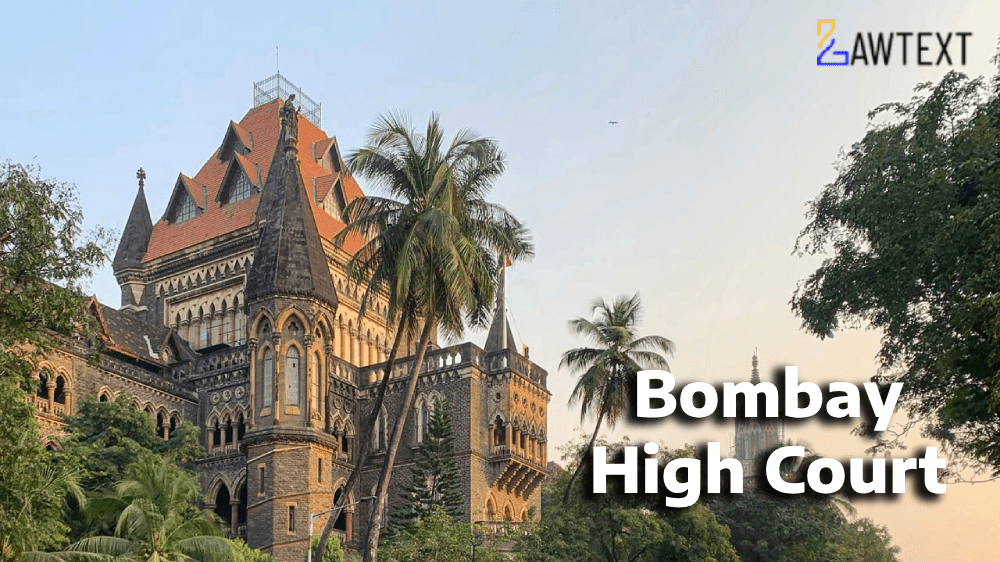Cancellation of Registration of a Child Care Institution: Judicial Scrutiny of Quasi-Judicial Actions. Quasi-Judicial Nature of Child Care Institution Licensing Under the Juvenile Justice Act.

CASE NOTE & SUMMARY
The Court determined that the cancellation of the institution’s registration was a quasi-judicial act due to the statutory requirements for inquiry and adherence to procedural norms under the Juvenile Justice Act. The matter was directed to be heard by a single judge as per the Bombay High Court Appellate Side Rules.
The writ petition challenges the order dated 16.11.2021 by the State of Maharashtra, canceling the registration of SOS Children's Village Latur, under the Juvenile Justice (Care and Protection of Children) Act, 2015. The petition also sought interim relief to prevent the transfer of children to other NGOs.
The Court examined whether the cancellation of the institution’s registration constituted a quasi-judicial act, determining that the action taken by the State falls under the purview of quasi-judicial authority as it involved procedural scrutiny and legal standards.
Acts and Sections Discussed:
- Juvenile Justice (Care and Protection of Children) Act, 2015: Sections 41 and 53.
- Juvenile Justice (Care and Protection of Children) Model Rules, 2016: Rule 21.
- Indian Penal Code (IPC): Sections 504, 506.
- Scheduled Castes and Scheduled Tribes (Prevention of Atrocities) Act, 1989: Section 3(U)(r).
Para-Wise Main Facts with Headings:
-
Parties Involved
- Para 1-3: The petitioner is SOS Children's Village Latur, an institution under SOS Children’s Village of India, challenging an order from the State of Maharashtra's Women and Child Development Department.
-
Cancellation of License
- Para 4-5: The petition challenges the cancellation of the institution's license granted under the Juvenile Justice Act, 2015.
-
Background of Petitioner and Institutional Status
- Para 6-7: SOS Children’s Village, a reputed NGO, operates multiple child care facilities in India. The license to care for 100 children was issued under Section 41(1) of the Juvenile Justice Act, 2015.
-
Allegations by Employee and Investigations
- Para 8-9: Disputes arose from complaints by an employee, Sunil Mandale, whose actions led to multiple investigations against the petitioner institution.
-
Inquiry Against the Institution
- Para 10-11: An inquiry was initiated based on a show-cause notice with 26 deficiencies mentioned, resulting in the eventual cancellation of the institution’s registration despite the petitioner’s responses.
-
Judicial Orders Regarding Status Quo
- Para 12: A previous order of the Court maintained the status quo concerning the children residing in the institution.
-
Jurisdictional Objection Raised by AGP
- Para 13-14: The government raised an objection that the matter should be heard by a single judge, not a division bench, as per Rule 18 of the Bombay High Court Appellate Side Rules, 1960.
-
Quasi-Judicial Nature of the Impugned Action
- Para 15-24: The Court discussed at length whether the action of canceling the registration was a quasi-judicial act, ultimately concluding it was, given the detailed inquiry process mandated under the Juvenile Justice Act.
-
Detailed Scrutiny under Juvenile Justice Act
- Para 25-35: The Court examined the procedural requirements for registration and cancellation under the Juvenile Justice Act, emphasizing the importance of protecting children's rights through rigorous scrutiny.
Subjects:
- Juvenile Justice Act
- Child Care Institutions
- Quasi-Judicial Actions
ISSUE OF CONSIDERATION
SOS Children's Versus The State of Maharashtra & Ors.
Citation: 2024 LawText (BOM) (9) 305
Case Number: WRIT PETITION NO.1078 OF 2022
Date of Decision: 2024-09-30
Case Title: SOS Children's Versus The State of Maharashtra & Ors.
Before Judge: RAVINDRA V. GHUGE & Y.G. KHOBRAGADE, JJ.
Advocate(s): Shri V.D. Salunke, Advocate for the Petitioner. Shri S.K. Tambe, Additional Government Pleader, for Respondent Nos.1 to 3/State.
Appellant: SOS Children's
Respondent: The State of Maharashtra & Ors.

